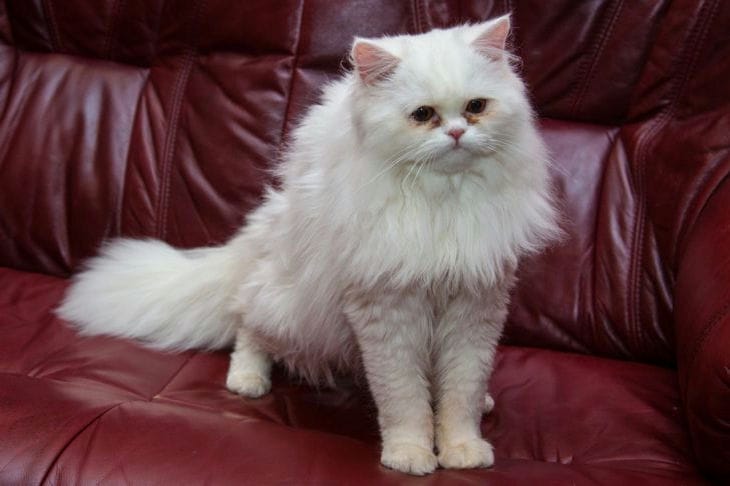Many cat owners face a situation when an adult pet with already formed habits appears in the house.
The question arises: is it possible to change the behavior of such an animal?
Experience shows that with the right approach, even an adult cat can be taught new things.

Understanding Cat Psychology
Before you begin training an adult cat, it is important to understand the peculiarities of cat psychology.
Cats are independent animals with their own character and habits. They do not perceive direct commands the way dogs do, and do not strive to please their owner at any cost.
However, cats are capable of learning and can adapt to new conditions if it is done in a way that takes into account their natural instincts and needs.
Patience and consistency
The key factors in training an adult cat are patience and consistency. Changing established habits takes time.
It is important to remember that sudden changes can cause stress for your cat, so all changes should be introduced gradually and gently.
Positive reinforcement
The positive reinforcement method is the most effective in training cats of any age. Instead of punishing unwanted behavior, you should reward desired actions.
Treats, affection, and praise will help reinforce good behavior and create positive associations with the new rules.
Creating a comfortable environment
To successfully raise an adult cat, it is important to create a comfortable living environment.
This includes providing a safe space, scratching posts, toys and resting areas.
When a cat feels safe and comfortable, it is more likely to learn and change behavior.
Correction of unwanted behavior
When working to change unwanted behavior, it's important to understand the cause. For example, if your cat is scratching furniture, it may be because she lacks a proper scratching post.
Providing an alternative and encouraging its use will help resolve the problem without conflict.
Establishing a regime
Cats love routine, so establishing a clear routine for feeding, playing, and resting can help with training. Regularity helps your cat feel secure and makes it easier for her to adapt to new rules.
Games and activities
Games play an important role in cat training. They not only provide physical activity, but also help establish an emotional connection between the pet and the owner.
Regular play sessions can be an effective tool in training and behavior correction.
Specific behavior problems
Some behavior problems, such as aggression or territorial marking, may require special considerations.
In such cases, it may be helpful to contact a veterinarian or professional feline specialist for specialized care.
Socialization
Even an adult cat can be socialized, although it may take longer than with a kitten.
Gradually introducing your cat to new people, sounds, and situations will help him become more adaptable and confident.
Respect for individuality
It is important to remember that every cat is unique. What works for one animal may not work for another.
Respect for your cat's individuality and a willingness to adapt training methods to suit its character and needs is the key to success.
Consistency of effort
Training an adult cat is a process that requires consistent effort. Even after achieving the desired results, it is important to continue to maintain the established rules and routine to reinforce new habits.








